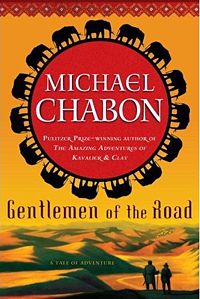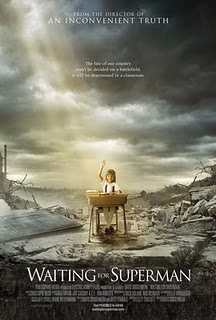Since my undergraduate days when I was first introduced to George Crumb's
Makrokosmos, I've been fascinated by graphic scores. If you don't know that piano work, in it Crumb famously notated every four piece graphically to represent the work's title. So the final piece,
"Agnus Dei" is notated as a peace sign since the final line of the "Agnus Dei" in the Mass is "Lamb of God, who took away the sins of the world, grant us peace."
From Crumb, I quickly branched out, and discovered two simple truths about notation that are glossed over if even discussed in most music curricula: First, that notation hampers musical development. Harry Partch encountered this frustration again and again as he tried to notate his justly tuned music. He noted in his treatise
Genesis of a Music that "Our system of notation must be held partially responsible for the inelasticity of our present musical theory, and for the misdirection of many intonational ideas that have been proposed - it is so 'easy' for the notation of 'quartertones,' for example. But historically, in the establishment of current musical habits, there was little if any causal relation. Significant developments in notation, naturally enough, followed the development of musical artifices." Second, that notation has an impact on the ways in which music is composed and the way performers plays a piece of music. Morton Feldman noted that “The degree to which a music’s notation is responsible for much of the composition itself is one of history’s best-kept secrets.” Notation has a psychological impact on the ways in which we approach music, a fact even borne out in
a recent study on creativity in grade schoolers in Australia.
Perhaps the book that most introduced me to notational practices of the past fifty years was John Cage's
Notations, which featured graphic scores and traditional scores he collected from friends and colleagues to show the state of notation in 1969 (you can d
ownload all of Notations if you're interested). I came across the book through Partch, whom Cage approached about submitting a score. Cage's idea was simple - each composer got one page to show a score without any explanatory note and a section of their writings were included elsewhere in the book, all placements determined by the
I Ching. The composers included were from a wide spectrum of approaches, from Boulez to Bernstein to the Beatles, and all were treated equally. Partch submitted Verse 12 from
And on the Seventh Day Petals Fell on Petaluma and all was going well until
Cage responded that wanted to use 43 letters in Partch's writing because of Partch's 43-tone scale. Partch rebelled against this pigeonholing, but his music was still included on page 208.
Imagine my joy when today I discovered today the website for
Notations 21, an attempt to recreate Cage's book with scores from today. I've been spending moments between grading papers and tests digging through some of the fascinating scores already submitted. But therein lies the problem with this new collection - it is still small and the collector, Theresa Sauer, is dealing with an even more pluralistic composing society than Cage did and seems to lack the contacts Cage had in the composing world. So spread the word and see if more score samples can't be added. Think of the next generation of young minds that could be opened through this project.





